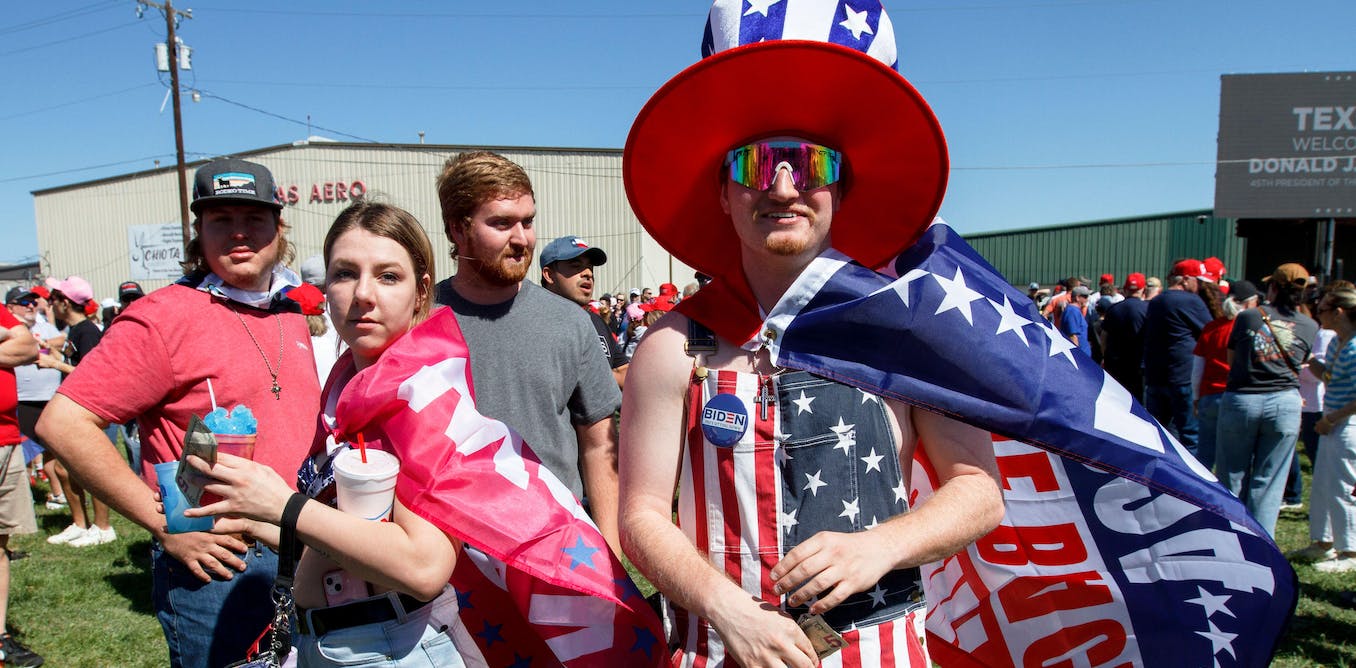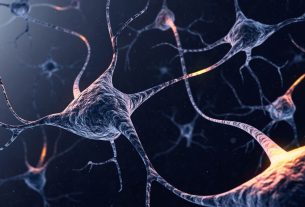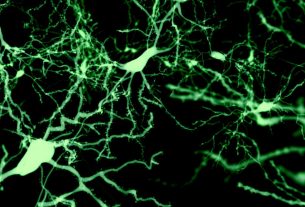|
Getting your Trinity Audio player ready...
|
Donald Trump has had some bad days recently, objectively speaking. A jury in New York found found him liable for sexual abuse and defamation in a civil case brought by the writer E. Jean Carroll. This came on top of criminal charges related to a hush money payment to porn star Stormy Daniels, and allegations of mishandling of classified documents. The shame of it all.
Just imagine what a die-hard Trump supporter might feel about this. Surely they must be having some second thoughts?
The night after the New York court case, Trump was back in action in a town hall meeting in New Hampshire. What would the reaction be? Some held their breath.
Trump stepped on stage to rapturous applause and a standing ovation. He mouthed, “Thank you,” and applauded them back. There was no hint of shame or embarrassment, from either side.
In his first presidential campaign, there was a focus on what Trump could do for his white working-class supporters. Now it was all about what was being done to him. But he brought them into his paranoid world – they were all in this together.
“When they go after me, they’re going after you,” Trump told supporters during a rally in Waco, Texas in March 2023. “Either the deep state destroys America, or we destroy the deep state.”
Psychologists Steve Reicher and Alex Haslam, writing in Scientific American in 2017, presented an insightful analysis of Trump’s “masterful” use of psychological techniques to manipulate his supporters. They noted that:
A rally would start long before Trump’s arrival. Indeed, the long wait for the leader was part and parcel of the performance. This staged delay affected the self-perception of the audience members: “If I am prepared to wait this long, this event and this leader must be important to me.”
The audience sees others waiting (“it must be important to them”) and this establishes a norm of connectedness and devotion in the crowd – the wait for the leader, their applause (spontaneous and in unison, with no delay), their laughing at his jibes and put-downs. Connected behaviours, emotions intertwined.
Sociologist Max Atkinson has written about charisma, stating that isn’t necessarily a gift but rather, behavioural manipulation that produces a demonstrable effect on audiences. Trump supporters all react in the same way, at the same time, and feel as one (many football supporters have similar “spiritual” experiences at matches).
Read more:
Donald Trump: polling suggests criminal charges won’t dampen his support
It’s about devotion and destiny, and how the benign leader will look after you, no matter what. In the New Hampshire town hall meeting, Trump called the violent riot on the Capitol on January 6 2021 “a beautiful day”. He said that if he wins the next presidential election, he will pardon a large proportion involved in the riot – even those Proud Boys convicted of seditious conspiracy.
Investing in support
Other politicians lose their backing, so what’s different here? Well, Trump fans have invested a lot more in their support – including, in a relatively small number of cases, marching on the Capitol, risking their reputations and even a criminal record.
The theory of cognitive dissonance, developed by American social psychologist Leon Festinger in the mid-1950s, might help explain this.
Cognitive dissonance occurs when one’s beliefs and actions conflict with each other. For example, the belief that the US needs a strong and moral leader to make America great again, conflicting with the action of supporting a man who has committed a serious sexual assault.
Festinger wrote that: “Dissonance produces discomfort and, correspondingly, there will arise pressures to reduce or eliminate the dissonance.”
AP/Alamy
This conflict might constrain people from acquiring new information that will increase the existing dissonance – for instance, accepting that Trump’s court case suggested poor morals.
However, seeking new information (from whatever source, including conspiracy theories) that confirms your beliefs – such as about the dark powers behind the supposed election fraud and the “victimisation” of Trump – would clearly help reduce the dissonance, and make his supporters feel better.
End of their world?
Festinger also analysed an end-of-the-world cult in Chicago in the 1950s that might be particularly relevant here.
This cult was waiting for a great flood, scheduled for midnight on December 21 1954. Many respectable citizens had given up their jobs and families to join the cult. But on that night, the world did not end.
So, how did the cult deal with the cognitive dissonance between their expressed beliefs (“The world is going to end with a great flood tonight, but our small group of believers are going to be transported to a distant planet by spacecraft,”) and the observable real-world events (sitting in a front room waiting patiently, checking the clock)? Festinger wrote:
The dissonance would be largely eliminated if they discarded the belief that had been disconfirmed, ceased the behavior which had been initiated in preparation for the fulfilment of the prediction, and returned to a more usual existence … But frequently, the behavioral commitment to the belief system is so strong that almost any other course of action is preferable.
He went on to identify an important way in which the remaining dissonance can be reduced: “If more and more people can be persuaded that the system of belief is correct, then clearly it must, after all, be correct.”
This is an interesting argument which suggests that if someone commits wholeheartedly to Trump, they may well experience dissonance as they watch the news from that Manhattan courthouse. But they don’t necessarily stop supporting him.
Instead, they might seek yet more information about the “deep state” and how it’s persecuting Trump, or preach more about his positive attributes and the witch hunt against him. Both are sometimes more immediate ways of dealing with the psychological discomfort than changing support for him.
That’s what happened in the case of the end-of-the-world cult, and that’s what might well happen here. If so, we can expect to see more conspiracy theories and more proselytising from the hardcore supporters going into 2024 and beyond. Donald Trump may not be finished just yet.



